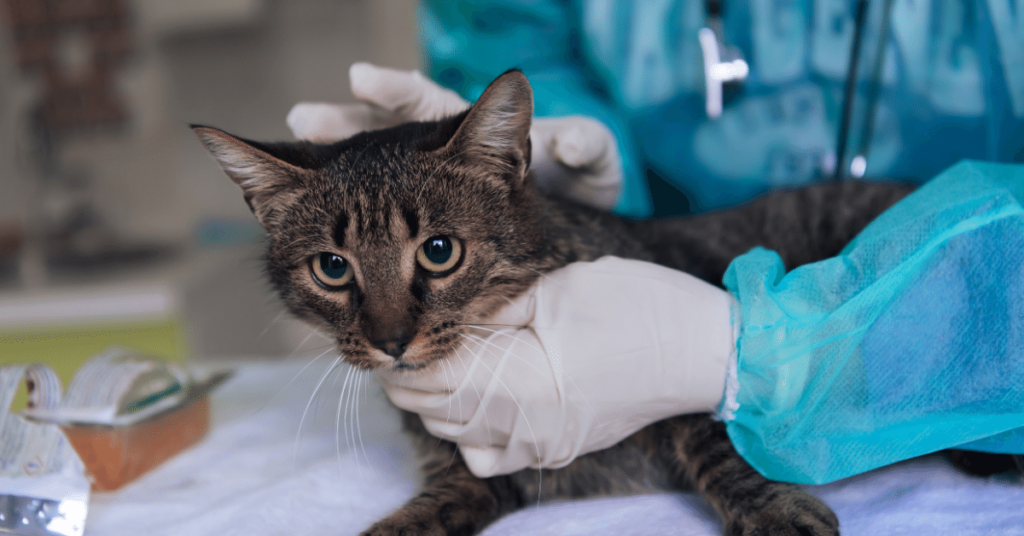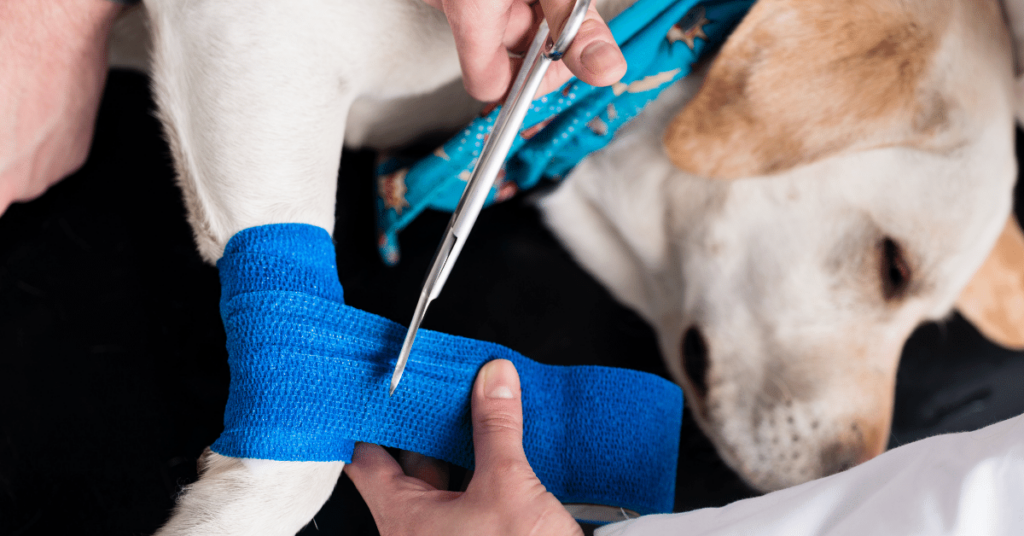Introduction
Shelter pets bring joy and companionship to many households, but they can also come with their fair share of health issues. These vulnerable animals often have a history of neglect or mistreatment, resulting in various medical conditions. As responsible pet owners, it is crucial to understand these common health issues and learn how to deal with them effectively. In this article, we will explore some of the most prevalent health problems found in shelter pets and provide guidance on how to address them.
Stress and Anxiety
When shelter pets experience the trauma of being abandoned or mistreated, they often develop stress and anxiety. This can manifest in various ways, such as excessive barking, destructive behavior, or even aggression. To help alleviate their stress, it is essential to create a calm and comforting environment for them:
Provide a safe space: Designate a quiet area in your home where your new pet can retreat to when feeling overwhelmed. Use blankets, toys, and a comfortable bed to make it feel secure.
Establish a routine: Regular feeding, playtime, and walks can help create a sense of stability and reduce anxiety in shelter pets.
Consult a professional: In severe cases, consider seeking help from an animal behaviorist or trainer specializing in anxiety and stress management techniques.Dental Problems
Poor dental health is a prevalent issue among shelter pets, primarily due to neglect or lack of proper dental care. Untreated dental problems can lead to pain, difficulty eating, and even more severe health issues. Here are some ways to address dental problems in shelter pets:
Regular dental hygiene: Brush your pet’s teeth regularly using a pet-specific toothbrush and toothpaste. Start slowly, gently introducing them to the process, and gradually increase the duration.
Dental treats and toys: Provide dental treats and toys designed to promote oral health, such as chew toys and dental chews. These can help reduce plaque and tartar buildup.
Veterinary check-ups: Schedule regular dental check-ups with your veterinarian to identify any underlying dental issues and address them promptly.
Skin Conditions
Skin problems are another common health issue in shelter pets, often resulting from poor nutrition, allergies, or underlying medical conditions. Itchy skin, rashes, and hair loss can significantly impact a pet’s quality of life. To manage skin conditions:
Balanced diet: Ensure your pet’s diet includes essential nutrients like omega-3 fatty acids, which can support healthy skin and coat.
Regular grooming: Develop a grooming routine that includes brushing, bathing with pet-friendly shampoos, and inspecting for any signs of skin irritation or parasites.
Consult a veterinarian: If your shelter pet has persistent or severe skin issues, consult a veterinarian. They can diagnose the underlying cause and recommend suitable treatment options.
Infectious Diseases
Shelter pets are more susceptible to infectious diseases due to the crowded environments they often come from. Vaccinations are crucial in preventing these diseases, but some pets may already be infected upon arrival. Take the following steps to address and prevent infectious diseases:
Vaccinations: Ensure your pet receives all necessary vaccinations as recommended by a veterinarian. This will protect them from diseases such as rabies, distemper, and parvovirus.
Quarantine: If you already have other pets at home, quarantine the shelter pet initially to avoid spreading any potential infections. Consult with your veterinarian for further guidance.
Regular vet visits: Schedule regular check-ups for your pet to monitor their overall health and promptly address any signs of illness or infection.
Summary
Owning a shelter pet comes with its challenges, but being aware of common health issues and knowing how to deal with them can go a long way in ensuring their well-being. From addressing stress and anxiety to managing dental problems, skin conditions, and infectious diseases, proactive care is essential. By providing a safe and loving environment, regular veterinary visits, and proper nutrition, you can help your shelter pet thrive and enjoy a happy, healthy life.







